Tom Brady – His Own Worst Enemy
The sports media were among the most surprised by the recent news that a four-game suspension was back on for the football star. But given Brady’s and the Patriots’ history, it really shouldn’t have been a surprise to anyone.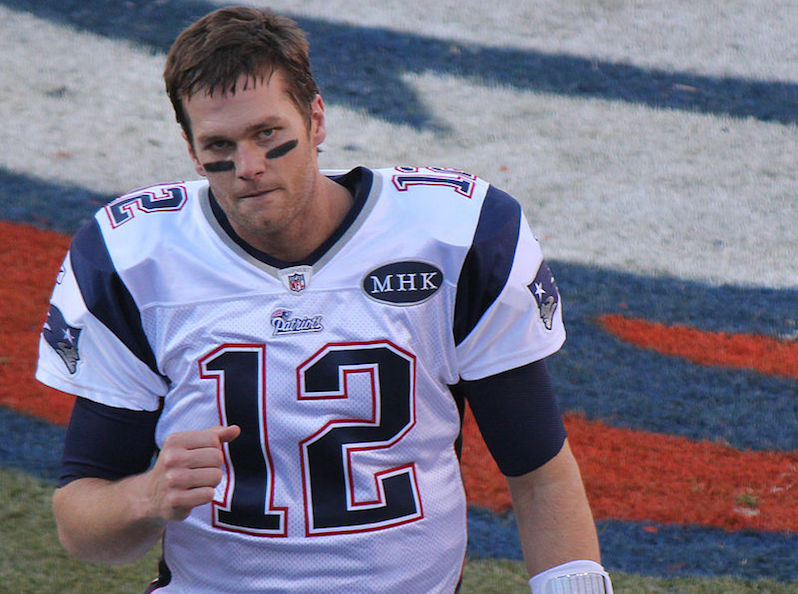 Jeffrey Beall / Wikimedia Commons (CC-BY-SA)
1
2
Jeffrey Beall / Wikimedia Commons (CC-BY-SA)
1
2

Jeffrey Beall / Wikimedia Commons (CC-BY-SA)
Independent journalism is under threat and overshadowed by heavily funded mainstream media.
You can help level the playing field. Become a member.
Your tax-deductible contribution keeps us digging beneath the headlines to give you thought-provoking, investigative reporting and analysis that unearths what's really happening- without compromise.
Give today to support our courageous, independent journalists.
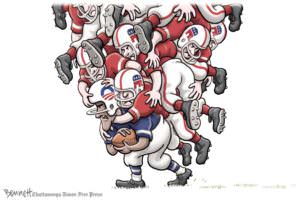

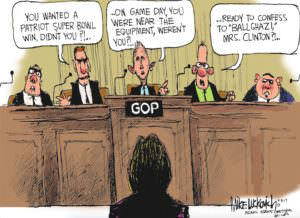
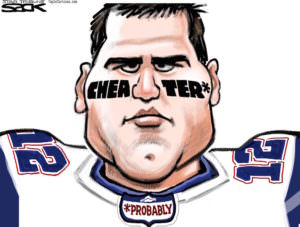
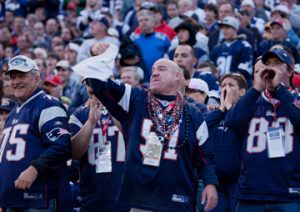
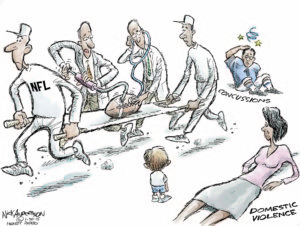
You need to be a supporter to comment.
There are currently no responses to this article.
Be the first to respond.